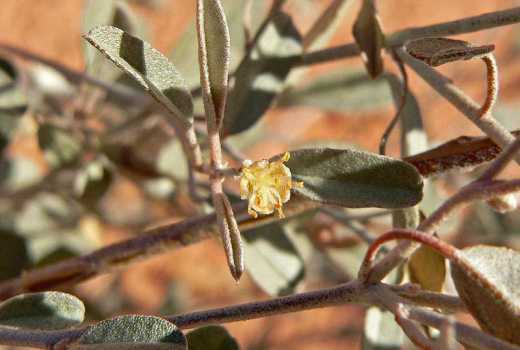×
The Standard e-Paper
Join Thousands Daily

For those who know it, there is nothing remarkable about the croton tree, called mukinduri in Mount Kenya region.
The tree is a nuisance to many homesteads, thanks to its rapid breeding and copious shedding.